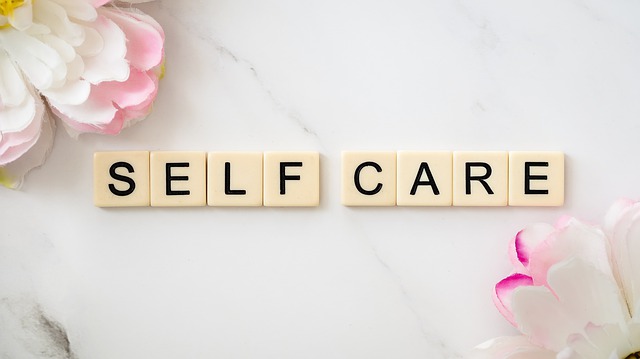It’s not uncommon to find yourself feeling down or doubtful about yourself or certain things in your life. You’re not alone in this, and lots of things in life can get you down or lead you to carrying a negative mindset. Adopting a positive mindset can help improve not only your day, but your entire life. Thinking positively can lead a person to make better decisions in their life to set them on the right track for success. Keep on reading to see what steps you can take today to guarantee positivity!
Be more conscious of your gratitude
Having a sense of gratefulness can truly elevate your life. Being grateful helps a person to become an optimist instead of a pessimist, as you can appreciate all of the things in your life that mean something to you. This can range from telling a friend or family member that you love and appreciate them, to just being happy that the sun is shining and the clouds are gone. Being more grateful day-to-day can help get your mind into the habit of seeing the best in things, which will help if you’re feeling down!
Work on that voice in your head
We all have one of those voices in our heads that acts as an inner narration of our thoughts. Do you realize that you can engage with this part of yourself and rework a bad mindset into a good one? That’s right, you can literally talk yourself up and out of a negative mindset. Work through negative or pessimistic thoughts in your head and reset that mindset!
Be mindful
Being mindful means to live in the moment and have awareness of what is going on. Doing so with an open and kind attitude can really help rearrange your attitude and outlook on life! For many, the mind can wander and be stuck on things like the past, or anxious worries about the future. Throw these thoughts aside and be able to pull your mind back down to reality and focus on the here and now. This in-the-moment attitude helps to build focus and can help guide you to your goals.
Define your success
Everybody’s definition of success will be different, but one thing is consistent: this definition of success will help support a positive mindset and will guide you along the road of achieving well-being. If you have a clear goal in mind of where you want to be in life, and carry lots of confidence about it, you can use that momentum to propel you forward.
Reworking your attitude and outlook on life can help you immensely. It’s been proven that keeping a positive mindset allows a person to be happier. Make your switch today!
Dr. Barbara Edwards, a Princeton MD is the Academic Director for the Ambulatory Residency Program at Penn Medicine Princeton Health, providing quality care to uninsured and under-insured New Jersey residents in Mercer and Middlesex counties.




